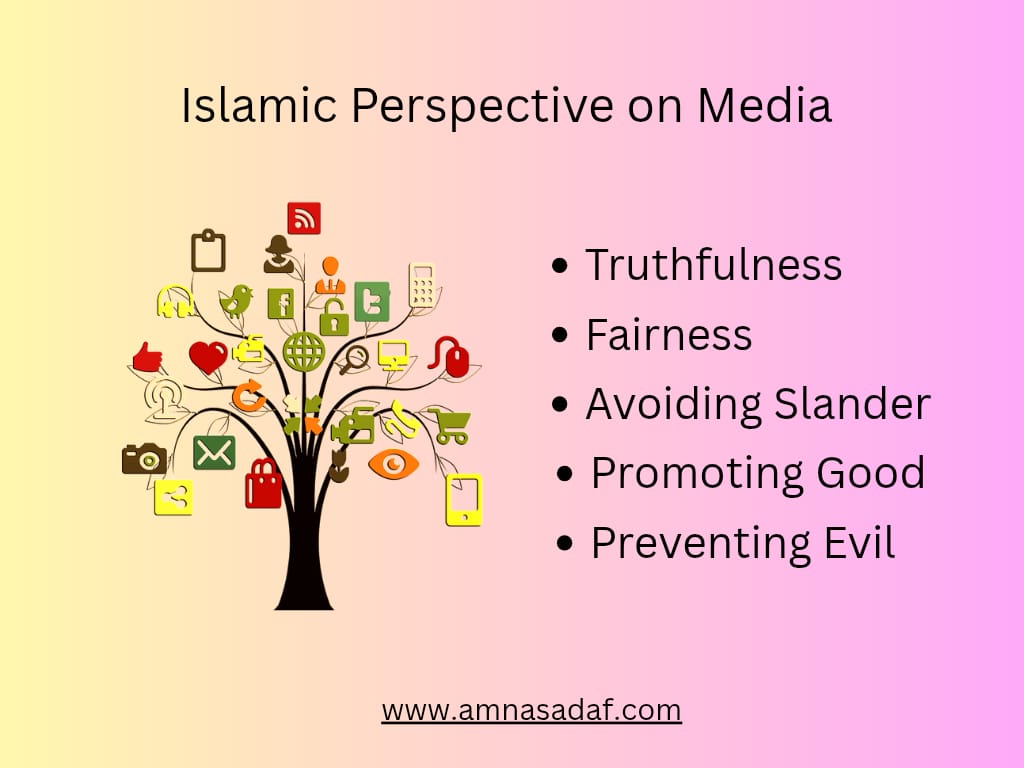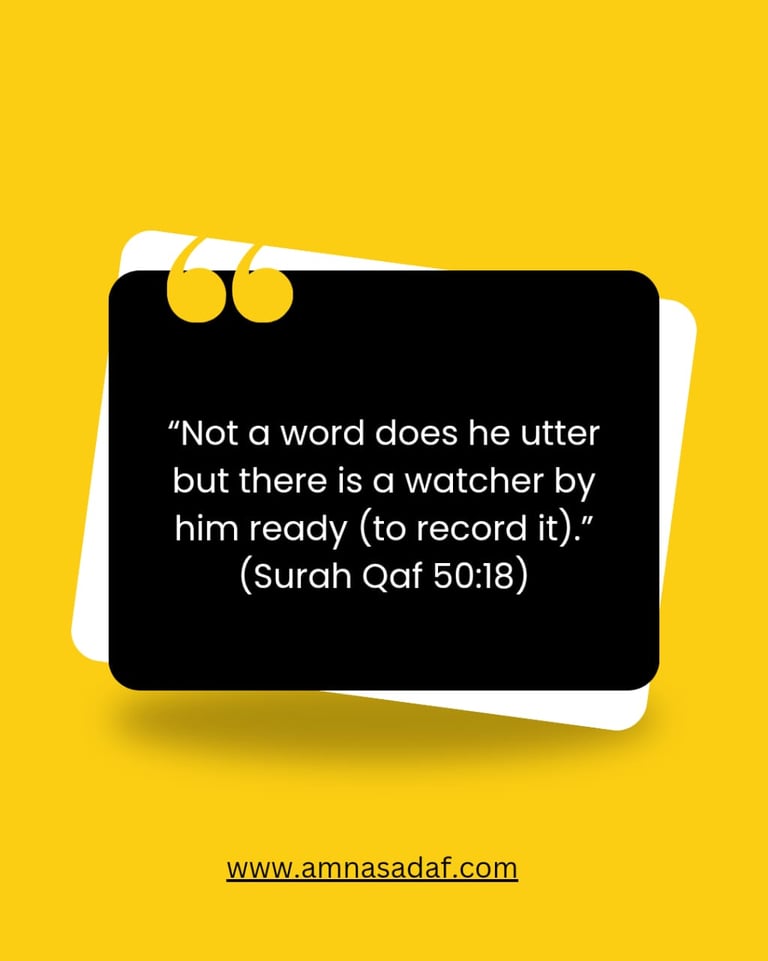

Islamic Perspective on Media
Media is one of the most influential tools in today’s world — shaping opinions, spreading information, and connecting people globally. However, the way the media is used determines whether it builds harmony or spreads chaos. From an Islamic perspective, the media carries a profound moral and social responsibility. Islam, being a complete code of life, provides clear principles for communication, truth, and accountability, guiding how media should function in society.
The Concept of Communication in Islam
Communication in Islam is not just about exchanging words; it is a form of Amanah (trust). The Quran and Hadith emphasize truthfulness, honesty, and avoiding falsehood. The Quran advises believers not to confuse truth with lies or hide what they know to be true.


This verse serves as a timeless reminder that communication must be rooted in truth. Therefore, in an Islamic framework, media professionals — whether journalists, broadcasters, or digital creators — have a sacred duty to convey verified and balanced information.
Ethical Guidelines for Media in Islam
Islamic teachings promote strong moral values in communication. The Prophet (peace be upon him) advised that a true believer should either speak words of goodness or stay silent.


From this Hadith, we learn that every word matters. Media platforms, especially in today’s digital world, should avoid spreading rumors, hatred, or indecent content. Instead, they must serve as a source of education, peace, and justice.
Key Islamic principles for media include:
Truthfulness (Sidq): Always present facts accurately and avoid sensationalism.
Fairness (‘Adl): Represent all sides fairly without bias or injustice.
Avoiding Slander (Gheebah): Refrain from gossip and personal attacks.
Promoting Good (Amr bil Ma’ruf): Use media to spread positive and moral values.
Preventing Evil (Nahi anil Munkar): Do not promote immorality or harmful trends.
The Role of Media in an Islamic Society
In an Islamic society, the media’s primary purpose is to serve humanity, not just to entertain or profit. It should educate people about faith, ethics, and social justice while discouraging corruption, falsehood, and immorality.
Media can play a positive role in:
Promoting Islamic knowledge and values.
Encouraging unity among Muslims.
Creating awareness about social justice and humanitarian causes.
Correcting misconceptions about Islam globally.
Islamic media should be a voice of truth, providing hope, education, and moral guidance to society.
Challenges of Modern Media and Islamic Solutions
Modern media often focuses on materialism, sensationalism, and negativity. Social media, though powerful, can easily become a space for misinformation and unethical content. Islam provides solutions by reminding us of accountability before Allah for every word shared.
Muslims involved in media should remember that every tweet, video, or article will be judged — not only by people but also by Allah.


The Quran teaches that every statement we make is noted by angels who observe and record our speech (Quran 50:18). This verse beautifully illustrates the responsibility that comes with the freedom of expression.
Conclusion
From the Islamic perspective, media is a trust — a means to spread truth, awareness, and goodness. It must not be misused for deceit, division, or immorality. Islam encourages a balanced, ethical, and purposeful media, one that uplifts society spiritually and morally. By following Islamic values of honesty, justice, and compassion, the media can become a powerful force for peace and positive change in the world.
